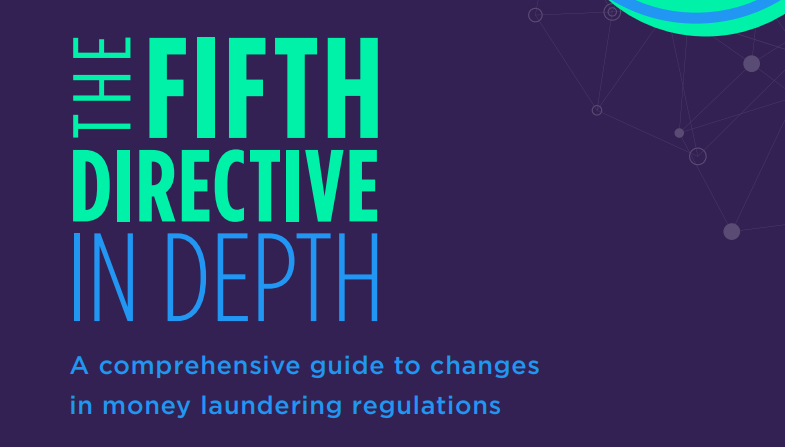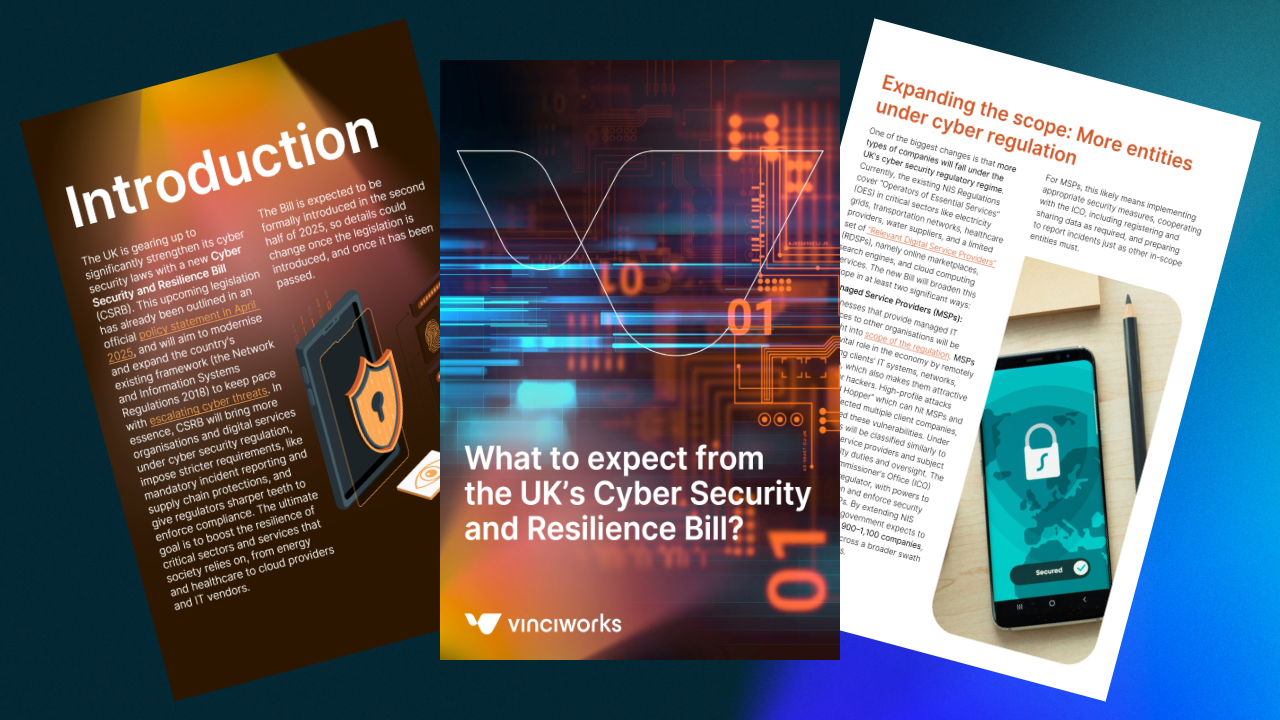
From 10 January 2020, the Fifth Anti-Money Laundering Directive (2018/843) is in force in the UK and around the European Union. The changes are not as extensive as those that were introduced in the Fourth Directive, such as the concept of risk based due diligence, but the Fifth Directive will impact an increasing number of businesses who must now have regard to money laundering laws.
To help businesses understand how the Fifth Directive relates to them, we have created an in-depth guide. The guide covers:
- Customer due diligence, including enhanced due diligence
- Ultimate beneficial ownership (UBO) and how to comply with the UBO rules
- Trusts and who is exempt from the Trust Registration Service
- Cryptoassets, cryptocurrencies and definitions
- Prepaid cards













